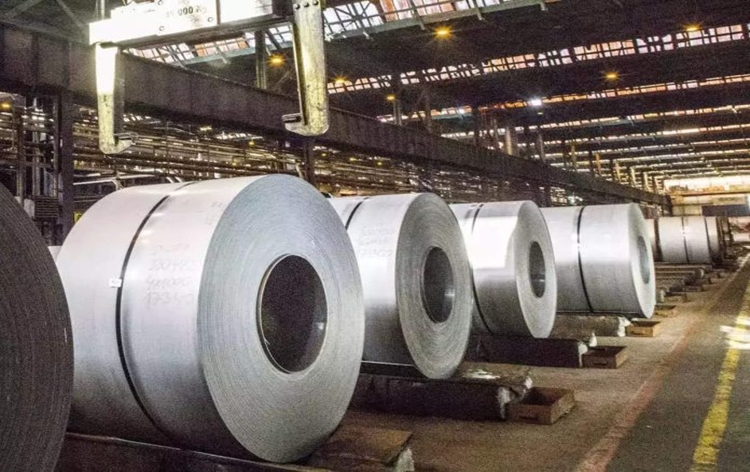In response to a parliamentary question, Minister of State for Steel Faggan Singh Kulaste outlined the government’s concerted efforts to decarbonize the steel industry. Highlighting collaboration with various stakeholders, 14 task forces have been formed to discuss and recommend strategies for the sector’s decarbonization.
He said key initiatives like the Steel Scrap Recycling Policy (2019), aimed at increasing domestically sourced scrap to reduce coal consumption in steel production. The National Green Hydrogen Mission, led by the Ministry of New and Renewable Energy (MNRE), involves the steel sector in the pursuit of green hydrogen production.
The Motor Vehicles (Registration and Functions of Vehicles Scrapping Facility) Rules (September 2021) intend to boost scrap availability in the steel industry. The MNRE’s National Solar Mission (launched in 2010) aligns with efforts to promote solar energy, contributing to emissions reduction in the steel sector.
The Perform, Achieve and Trade (PAT) scheme, part of the National Mission for Enhanced Energy Efficiency, incentivizes energy consumption reduction in the steel industry. Adopting Best Available Technologies (BAT) globally, steel projects also implement Japan’s New Energy and Industrial Technology Development Organization (NEDO) Model Projects for Energy Efficiency Improvement.
Recognizing the global concern for green steel, the Ministry of Steel has established a task force for the development of taxonomy for green steel. This collaborative effort includes industry, academia, think tanks, various ministries, and other stakeholders to deliberate and recommend strategies for sustainable steel production.














